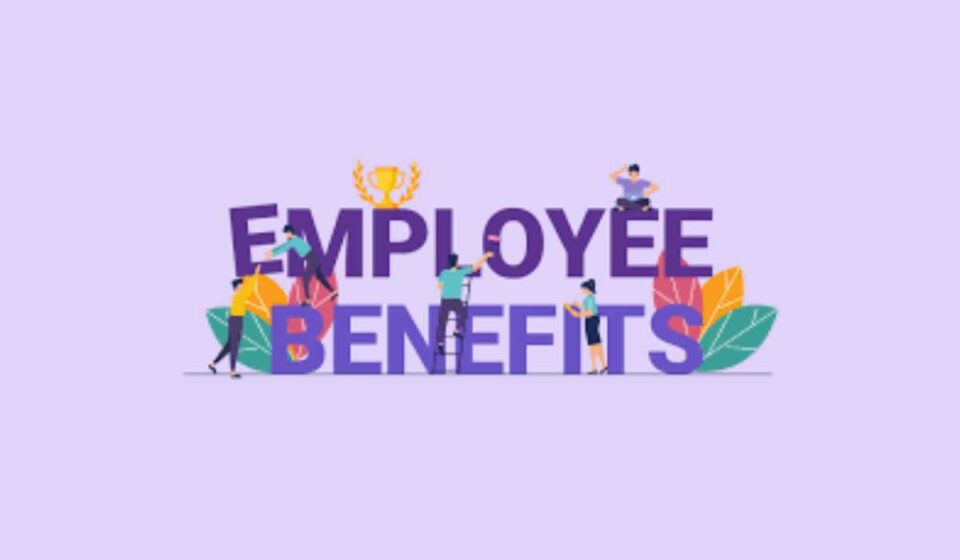In today’s competitive job market, traditional employee benefits like health insurance, paid leave, and retirement plans are no longer enough to attract and retain top talent. Modern employees seek benefits that address their well-being holistically, both professionally and personally. As a result, companies are moving beyond conventional perks and introducing support systems that prioritize mental health, offer flexibility, and promote lifelong learning. These meaningful benefits are more aligned with employees’ evolving needs, helping businesses foster loyal, engaged, and high-performing teams.
Several companies have emerged as leaders in this shift toward meaningful benefits. For instance, tech companies like Google and Microsoft provide extensive mental health support, including access to counseling, stress management workshops, and wellness programs. Meanwhile, companies like Salesforce have embraced flexible work arrangements that allow employees to balance personal and professional responsibilities effectively. By accommodating these individual needs, these companies are not only addressing employees’ well-being but also positioning themselves as progressive workplaces that value work-life harmony. This trend is no longer limited to tech giants, as even smaller businesses are recognizing the value of investing in their employees’ overall satisfaction.
Research shows that these holistic benefits have a measurable impact on employee retention and engagement. A recent study by Gallup found that companies offering meaningful benefits reported a 41% lower absenteeism rate and 21% higher productivity. Furthermore, employees who feel their company values their well-being are more likely to stay long-term, reducing turnover costs and fostering a stronger, more motivated workforce. These benefits also create a sense of belonging and loyalty, as employees feel genuinely supported by their organizations in ways that go beyond salary or position.
Experts believe that meaningful benefits are essential for companies to stay competitive in attracting and retaining talent. As younger generations, particularly Millennials and Gen Z, prioritize personal growth, mental health, and work-life balance, companies that ignore these priorities may struggle to fill roles. HR leaders emphasize that meaningful benefits should be adaptable to different employee needs, with a focus on personalization rather than a one-size-fits-all approach. By fostering a culture that cares about the individual rather than just the role, companies can appeal to talent that values well-rounded support in both work and life.
In conclusion, the future of employee benefits lies in meaningful, holistic support that prioritizes mental health, flexibility, and lifelong learning. Companies that adapt to this shift are not only improving retention rates but also building a motivated, loyal workforce that feels genuinely valued. As the job market grows increasingly competitive, businesses of all sizes will need to consider the broader spectrum of employee needs, embracing benefits that reflect a genuine commitment to their workforce’s well-being. In doing so, they will set a standard for modern business culture and become workplaces where employees can thrive both personally and professionally.


